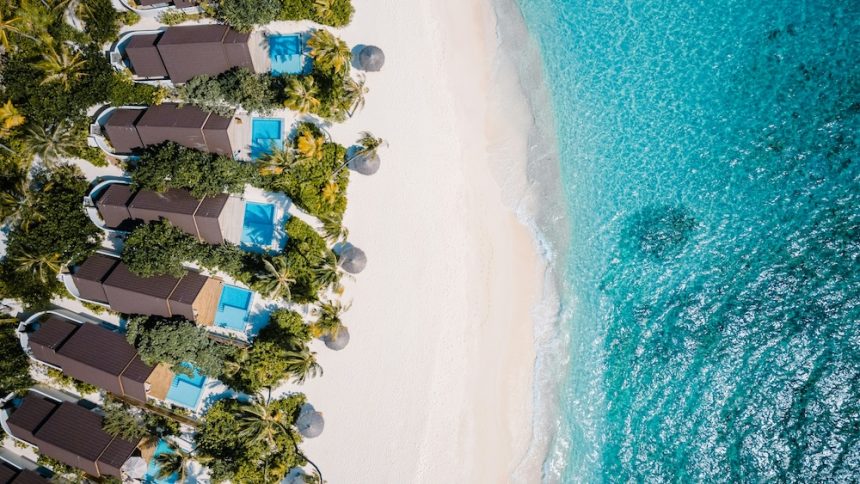he Maldives has issued revised Foreign Investment Entry Requirements, introducing a modern framework designed to attract quality investors while ensuring stronger local participation across key industries.
The announcement follows the enactment of the new Foreign Investment Act, ratified by President Dr Mohamed Muizzu on 3 September 2024, replacing the decades-old 1979 law.
According to the Ministry of Economic Development and Trade, the new framework promotes a more transparent, predictable, and globally competitive investment climate. It aims to boost investor confidence while aligning with the government’s broader goal of sustainable and inclusive growth.
Balancing Openness and Local Empowerment
Endorsed by the Cabinet, the revised regulations mark a significant milestone in the administration’s economic reform agenda. Officials said the updates balance openness to foreign capital with the need to safeguard sectors where Maldivian expertise and participation are strong.
The new guidelines divide investment opportunities into three categories:
-
Fully open to foreign ownership
-
Joint ventures with local partners
-
Closed to new foreign entrants
To determine these classifications, the Ministry conducted wide consultations with industry stakeholders, investors, and policymakers, considering factors such as national security, market competitiveness, human-capital development, and the long-term economic benefits to the Maldives.
Priority Sectors Reserved for Maldivians
Under the updated rules, certain industries will remain reserved for Maldivian ownership or restricted for foreign investment. These include wholesale and retail trade, logistics, public maritime transport, bunkering services, construction projects below USD 15 million, and real-estate projects valued under USD 100 million.
Officials said these areas represent high-potential opportunities for local entrepreneurs and are vital for nurturing homegrown talent and businesses.
Transition Period for Existing Investors
Acknowledging that some sectors previously open to foreign investors have been reclassified, the Ministry confirmed that transition arrangements will be granted to existing investors. The transition periods—ranging from one to seven years depending on project scale and sector—will ensure fairness and predictability while maintaining policy consistency.
Applications will be evaluated based on the capital invested, regulatory compliance, and each project’s contribution to the national economy.
Part of Vision 2040
The changes form part of President Muizzu’s long-term vision to transform the Maldives into a developed nation by 2040. The government said the reforms will also open new opportunities for foreign investors in areas where local experience is limited, especially in advanced technology, renewable energy, and modern infrastructure.
Reaffirming its commitment, the Ministry stated that the Maldives remains dedicated to building an enabling environment for investment—one that ensures legal certainty, sustainable development, and mutual benefit for both local and foreign stakeholders.




